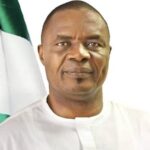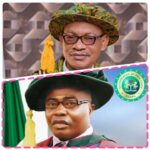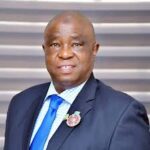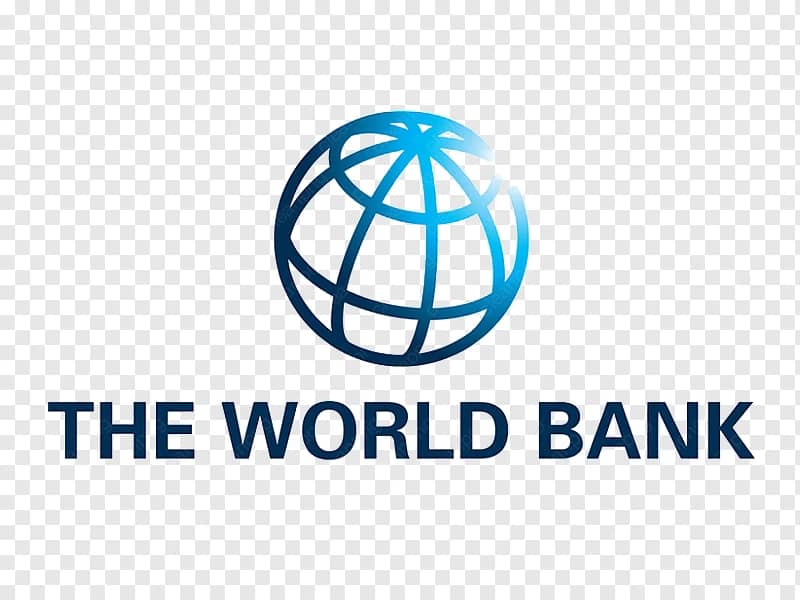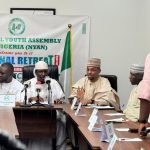The World Bank has trained 17 journalists on Natural Capital Accounting (NCA) and sustainability reporting as part of efforts to help Nigeria monitor climate degradation using natural capital data.
The training, held on Wednesday in Abuja, aimed at equipping participants with the knowledge and tools necessary to report effectively on the economic and policy dimensions of natural capital in the country.
This initiative is part of a broader strategy to use solution journalism to drive environmental accountability and raise public awareness.
Mr Ahmed Abdullahi, an environmentalist representing the World Bank, defined NCA as a framework that measured and valued a country’s natural resources to understand their worth in the environment.
He emphasised that journalists needed training to bridge the knowledge gap in society about natural capital, underscoring the importance of capacity building and collaboration with stakeholders.
Abdullahi explained that collaboration with various stakeholders had been crucial in enhancing the capacity of government agencies for natural capital accounting.
He also highlighted that Nigeria’s NCA efforts had led to practical applications guiding national development, such as monitoring environmental degradation and informing restoration efforts, including forestry intervention planning.
Abdullahi acknowledged the challenges in accessing relevant data for NCA and explained that a hybrid approach, using tools like the ‘SRCCI’ and Global Forest Management Dataset, was essential for overcoming those difficulties.
“Between 2015 and 2020, Nigeria developed land cover maps and physical asset accounts to track transitions in land types.”
He further noted that policy integration in key sectors, with stakeholder engagement, had begun to yield positive results.
“Institutions are already utilising NCA outputs in areas like watershed management, landscape planning, and climate-smart agriculture.
“These efforts have been particularly impactful in states such as Kaduna and Nasarawa.”
The environmentalist emphasised the importance of embracing natural resources beyond traditional Gross Domestic Product, which would showcase a more comprehensive picture of Nigeria’s economy, including forests, land, and water resources.
He called for a shift in the narrative from focusing on problems to highlighting solutions, using examples such as Nasarawa’s improved climate adaptation planning.
Abuja Bureau Chief of The Cable, Mr Yekeen Akinwale, also shared insights into the role of solution journalism in environmental reporting.
He described solution journalism as a rigorous, evidence-based approach that focused not only on problems but also on how communities were responding to those challenges.
Akinwale stressed the need for credible evidence and balanced narratives, noting that stories of successful community initiatives could attract partnerships, encourage replication, and help maintain journalistic integrity.
A participant from Blueprint Newspaper, Ms. Helen Emmanuel, expressed how the workshop had broadened her understanding of NCA and solution journalism, looking forward to further enlightenment on reporting ecosystem data.(NAN)



